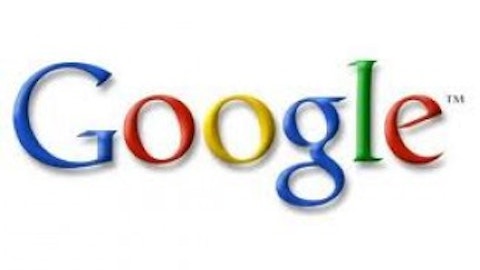Douglas: You like good things and bad things.
Brendan: Yeah.
Douglas: In some sense, if we’re going to maintain the old models, the old ways of doing business, our efficiency has become a problem. We’re more efficient now, really, than we were before, to the point where…
Most people are unnecessary to the jobs they have anyway, so the fact that they’re checking eBay or checking Twitter or doing something else doesn’t really affect their productivity so much because there are not that many productive assets left — human productive assets in businesses.
The real challenge now is how we look at our productivity, how we look at employment, really, in a landscape where everything’s happening now, where everything’s happening all the time.
Brendan: How has this evolved over time? I assume the Internet was a big catalyst in the whole “living now” thing that you talk about in Present Shock.
Douglas: Yeah, although when the Internet first came up in the late ’80s, early ’90s, we looked at it as a technology that was going to make time. It was going to make us not just more efficient, but allow us to do things — work from home in your underwear, on your own schedule — and what we ended up doing was really, we used the Internet as kind of a last-gasp for this, for the NASDAQ stock exchange.
The Internet became the dot-com boom, and then human attention, human time, became the new commodity. We ended up strapping the devices to ourselves and having them tweet us and ping us every time someone is going to send us an update or do a little thing.
We’ve ended up in this state of perpetual emergency responsiveness, which is not an appropriate state for a human or a business. It’s because our markets needed new territories to grow. Colonial conquests were over. There were no new territories. There’s nothing left to extract, so we try to extract it from ourselves instead.
Brendan: Do you see this turning around? I would say, looking at it right now, it’s only getting more and more toward the other side, which is the present shock, living in the now. Do you see any way that this can change?
Douglas: To use your language, there’s good ways it can change and bad ways it could change. The good ways it could change is we realize that we can’t use the Internet to amplify the problems of the Industrial Age. The Industrial Age actually is over.
This race toward more efficiency, the “time is money” logic of the Industrial Age, where the way to make more money is to somehow compress more time into each moment, we can’t just amplify that through digital technology. Digital technology is fundamentally different.
Either we’ll understand that, understand we can’t run our businesses at the rate of a debt structure, that we can’t — like GE tried in the ’90s — we can’t leave all of our productive industries and just all become banks. That’s not going to work.
We can unwind it more, say like Michael Dell is trying to, to go private so that he can liberate himself from his debt structure, from that clock, and become a much more asynchronous business, that expands and contracts.
If we can’t do that, if we can’t unwind that, then no. Then it will happen in a bad way. Then it will happen because there’s just too many people unemployed, too many people out there who can’t get jobs and that we can’t really then support it anymore, with business as usual.





